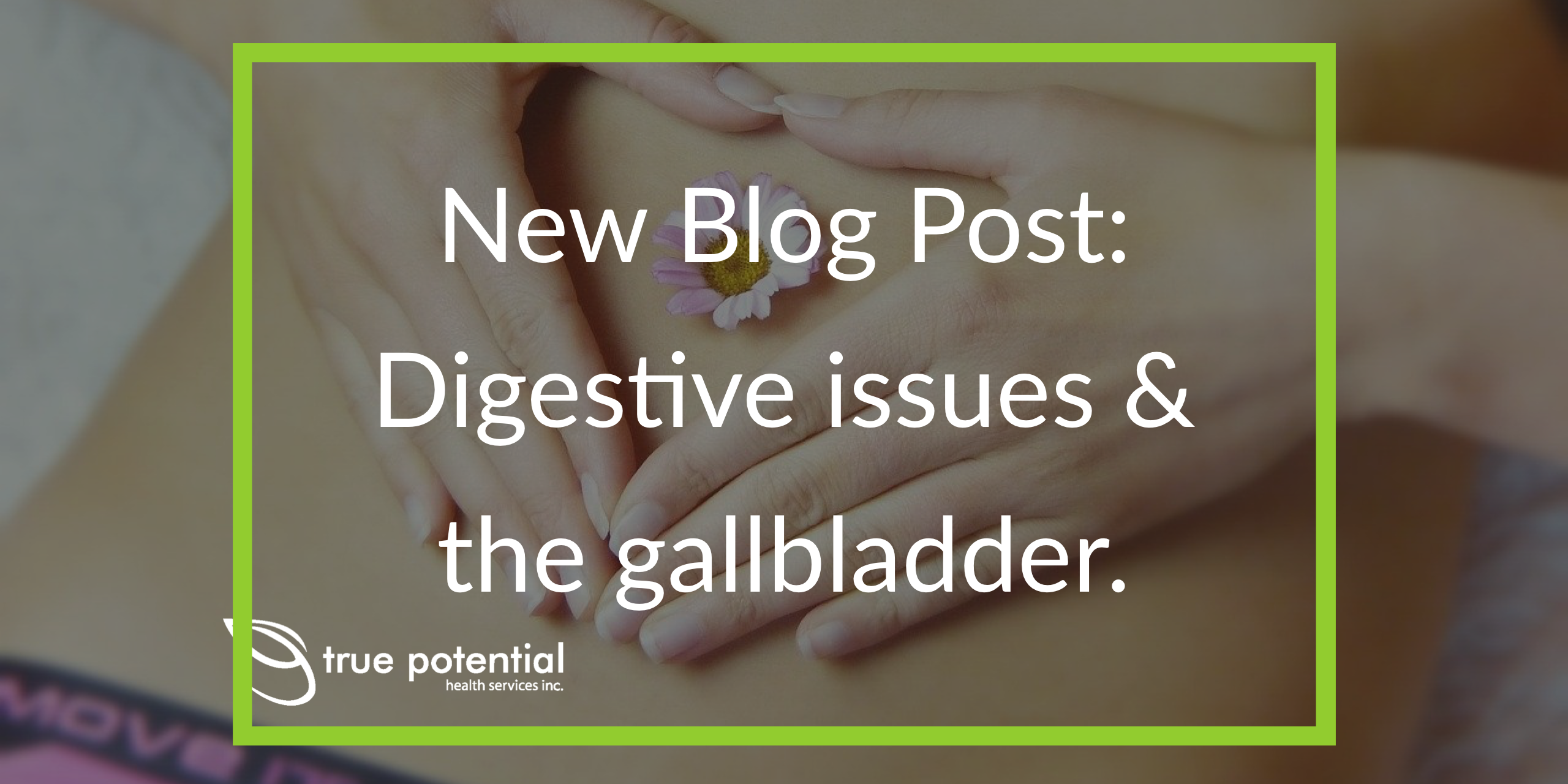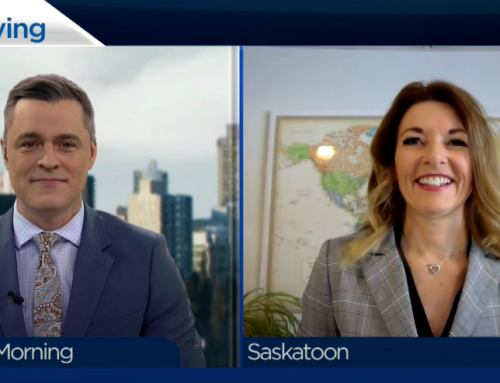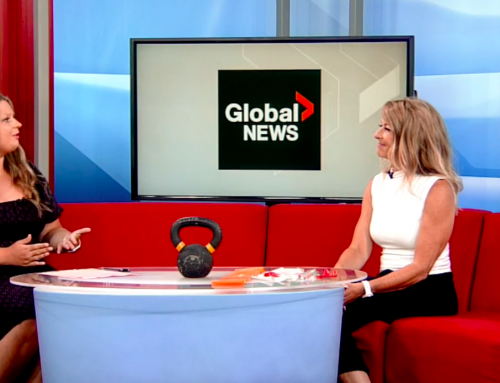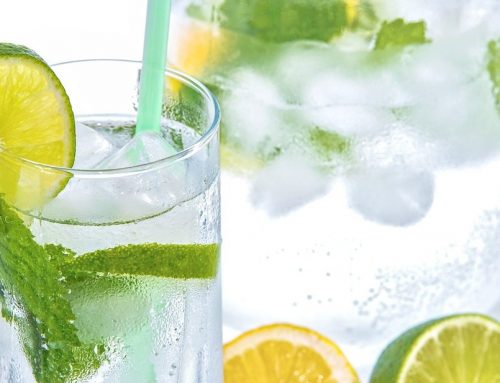Your gallbladder is one of the most under-appreciated organs in your digestive tract.
Its primary purpose is to store bile so that it can be released into the small intestine to help digest fats. Your liver will still make bile without your gallbladder though, so that is why it can be safely removed if needed.
However, there are lots of changes in your digestive tract that can happen when your gallbladder begins to give you trouble or once it’s been removed. I’ve seen many patients over the years who report that their digestion just “hasn’t seemed right” since their gallbladder was removed or they report more food intolerances since having it removed.
There is a good reason for these symptoms. Removing the gallbladder only solves part of the problem and it tends to create other, new problems as well.
Problems you may experience after the removal of your gallbladder:
- When your gallbladder isn’t happy, it’s usually because your bile is too thick and not flowing through your organs properly. Thick bile stays in your gall bladder longer than it should, giving time for stones to crystalize and build up. The longer this goes on, the more likely you are to have a gallbladder attack, which, if it happens enough, can lead to surgery to have it removed.
- The other thing that happens when your bile gets thick, is that it clogs up the tubes that lead to your small intestine. Even after your gallbladder is removed, the bile from your liver needs to move through these same tubes. If your bile remains thick, this clogging may not resolve and can sometimes get worse, causing you to still have symptoms (although they are usually milder).
- Once your gallbladder is removed, you will have less bile entering the small intestine to digest food because you can’t store it anymore. Any bile your liver makes will go directly into the small intestine, through those potentially clogged up tubes. Less bile for fat digestion can lead to new digestive symptoms like an increase in food intolerances, or more gas and bloating. It can also cause a decrease in the absorption of fat-soluble vitamins like vitamins A and D which can lead to other health issues down the road.
Digestive issues you may experience after the removal of your gallbladder:
Gas, bloating, upset stomach, changes to your stool, cramping, and sometimes even reflux or heartburn.
The good news is that there are simple ways, using food and supplements, to clean out those clogged pipes and restore your digestion to its optimal function. You don’t have to live with these symptoms. There are also many ways to support healthy bile flow in order to prevent gallstones and gallbladder removal in the first place.
Whether you are looking to prevent these issues, or solve them, naturopathic medicine is especially suited to help. I’ve treated many people over the years who have had these symptoms and have been able to help them avoid surgery and/or get rid of their persistent digestive issues.
If you are having any of the symptoms above, or if you have a family history of gallbladder issues and want to act preventatively, book a consultation today so we can optimize the function of this under-appreciated but very important organ!
Get started by trying my liver/gall bladder support smoothie and juice recipes.
Image by silviarita from Pixabay






